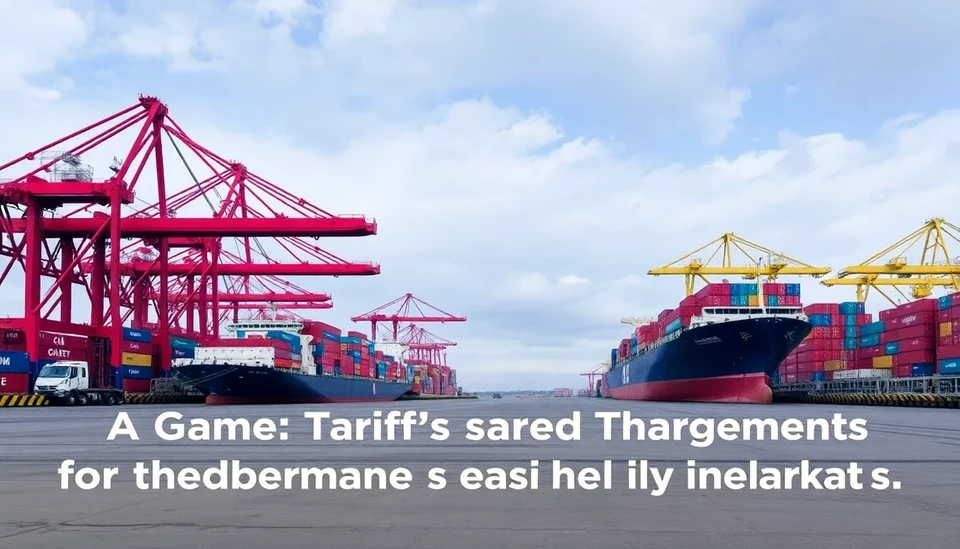
In a recent interview, Ryan Petersen, the CEO of Flexport, shed light on the complex repercussions of former President Donald Trump’s trade tariffs. These tariffs, which were initially introduced to protect American industries, have sparked significant debate regarding their broader economic impacts on businesses and consumer prices in the United States and beyond.
Petersen emphasized that the tariffs have led to a ripple effect across global supply chains, fundamentally altering how goods are transported and priced. As companies strive to navigate these financial hurdles, they have sought alternative strategies to mitigate the costs associated with the tariffs while maintaining competitive pricing structures. This ongoing tension in trade policy has forced many firms to reevaluate their sourcing and logistic channels.
According to Petersen, the implementation of tariffs has not only influenced the cost of imports but has also affected the availability of certain products in the market. As tariffs drive up prices, some importers have opted to absorb these costs, which ultimately results in higher prices for consumers. On the flip side, he noted that some businesses have diversified their supplier bases or sought out domestic alternatives to mitigate the negative impacts.
Flexport has positioned itself as a leading logistics platform aimed at simplifying the complexities of international shipping. Petersen’s insights reveal the company's adaptive strategies in response to the tariff landscape. By leveraging technology and data analytics, Flexport is striving to offer more efficient solutions to clients navigating this challenging trade environment.
Moreover, Petersen discussed the importance of policy predictability. Uncertainty surrounding future tariffs creates a challenging environment for businesses planning long-term investments. As companies grapple with fluctuating costs and unpredictable supply chains, clarity in trade policies could foster a more stable economic outlook.
In conclusion, the legacy of Trump's trade tariffs continues to resonate throughout the global marketplace, pushing companies like Flexport to innovate and adapt in the face of evolving economic challenges. The conversation surrounding tariffs is not just about politics; it is profoundly tied to the daily lives of consumers and the operational strategies of businesses worldwide.
As the world watches closely, the role of trade policy remains a pivotal discussion that will define the future of global commerce in an increasingly interconnected economy.
#TrumpTariffs #Flexport #RyanPetersen #GlobalTrade #Economics #SupplyChain #Logistics #TradePolicy #ConsumerPrices #BusinessStrategy
Author: Daniel Foster




